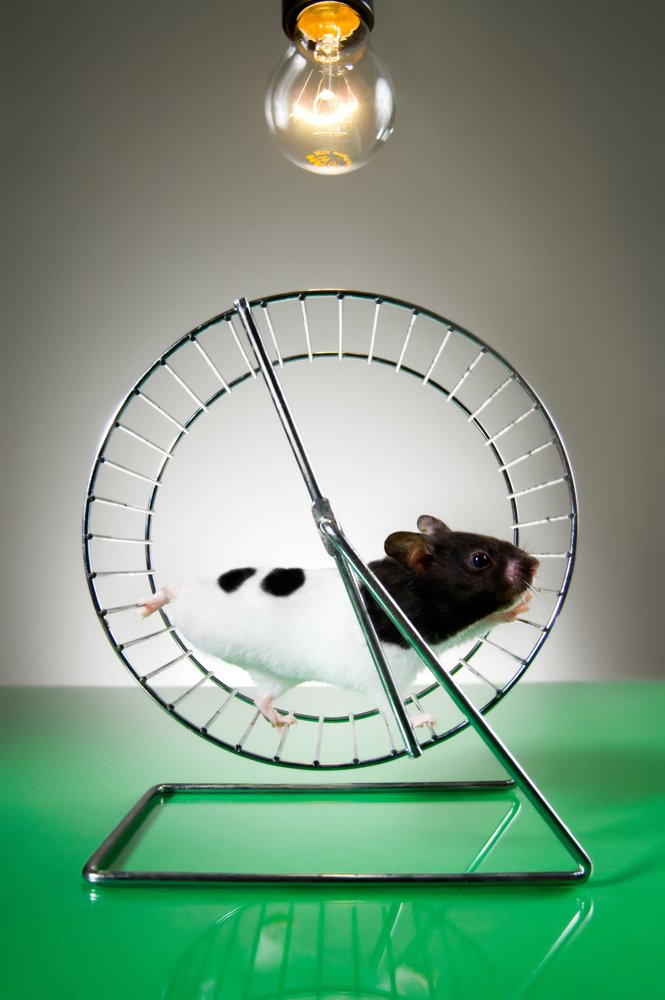UMD Team Reverses Paralysis in MS Mouse Model Using Novel Immunotherapy Strategy

Scientists at the University of Maryland have developed an experimental treatment to control the immune system and recover movement in a paralyzed mouse model of multiple sclerosis (MS). The team presented its research April 2 during the 253rd National Meeting & Exposition of the American Chemical Society in San Francisco.
In MS, the immune system turns against healthy body tissue and targets the myelin protective sheath surrounding neurons in the brain. The attack destroys myelin and when it hits motor neurons, the body is paralyzed.
In autoimmune diseases, after an immune cell wrongfully recognizes a molecule as foreign and potentially dangerous, the molecule travels to the lymph nodes where a second immune cell, called a T-cell, is then programmed to attack the antigen. In MS, that foreign molecule is myelin, which is then targeted by T-cells.
The UMD research team hypothesized that if they could deliver an immune-modifying agent into lymph nodes, it would prevent T-cells from targeting myelin. To design this immunotherapeutic agent, the team first developed the carrier for the immune agent and used an FDA-approved polymer known as PLGA. Then, they loaded it with an immune-suppressing agent and the myelin antigen, so that T-cells learn that myelin is not an “enemy” and therefore shouldn’t be attacked.
Researchers injected the loaded particles into the lymph nodes of a mouse model for human MS, already paralyzed by the disease. The particles slowly modified the environment in lymph nodes to prevent T-cells from acting against myelin. These mice regained the ability to walk and maintained that ability throughout the duration of the 80-day study.
“The problem with current immunotherapies is that they aren’t specific,” Christopher Jewell, PhD, associate professor at UMD’s Fischell Department of Bioengineering, said in a press release. “They act broadly, compromising the entire immune system and putting the patient’s health at risk, rather than focusing on only those immune system cells doing the damage.”
Researchers observed that this seemed not to be the case with their strategy, as mice were capable of mounting immune responses against foreign molecules. This suggests that the immune system’s activity is not compromised. Now, scientists are testing their strategy in other autoimmune disease mouse models, including those for transplants and type 1 diabetes.
Later this year, the team will test this strategy on non-human primates, in collaboration with clinicians at the University of Maryland Medical School.






